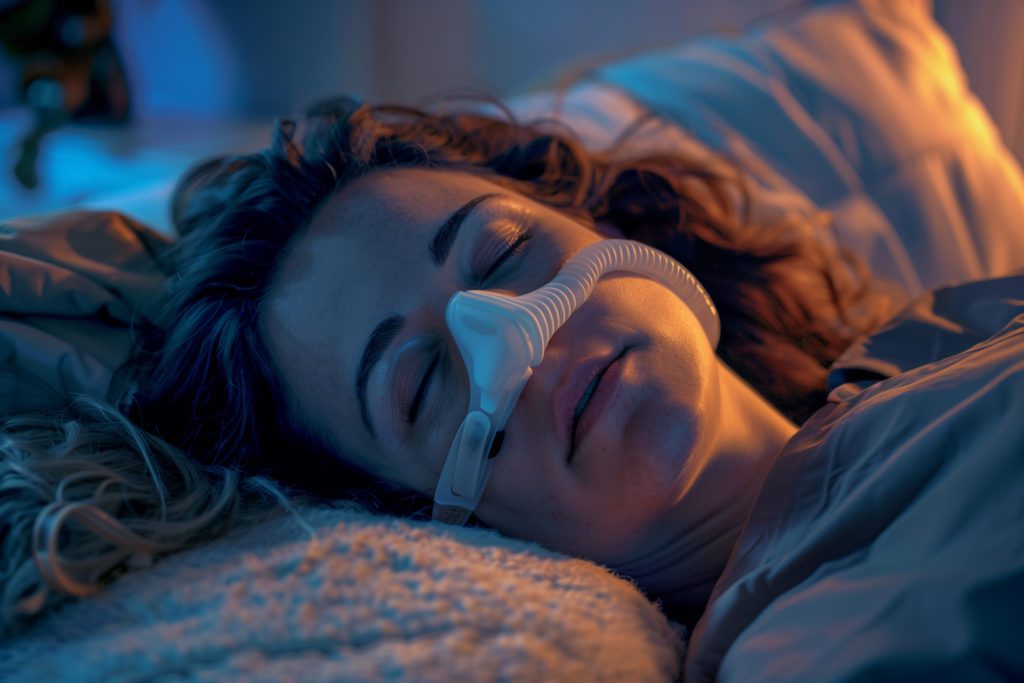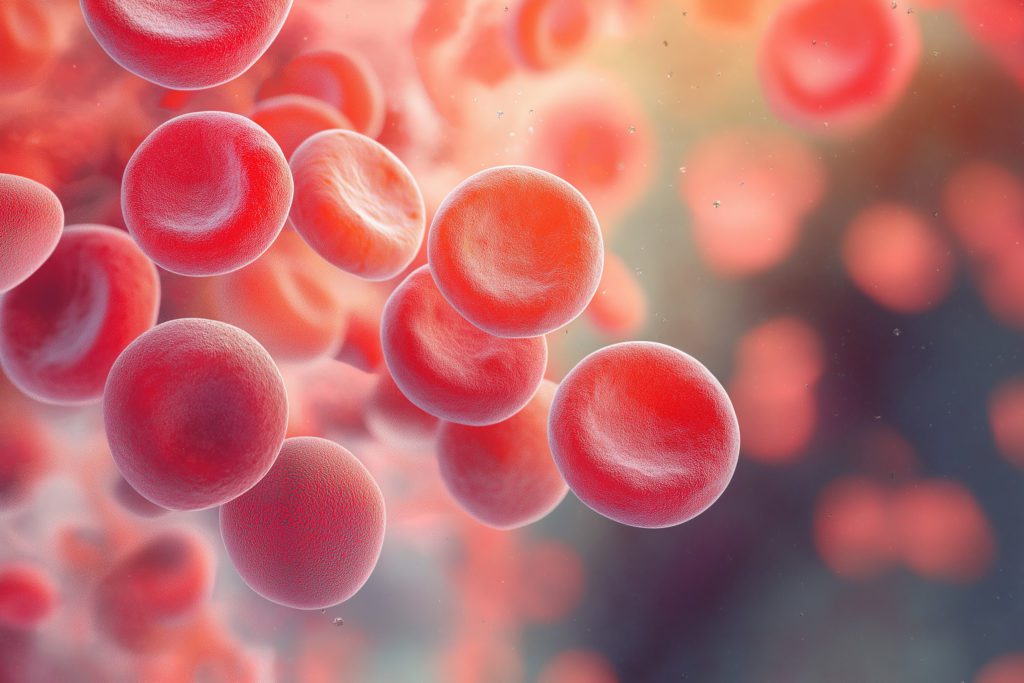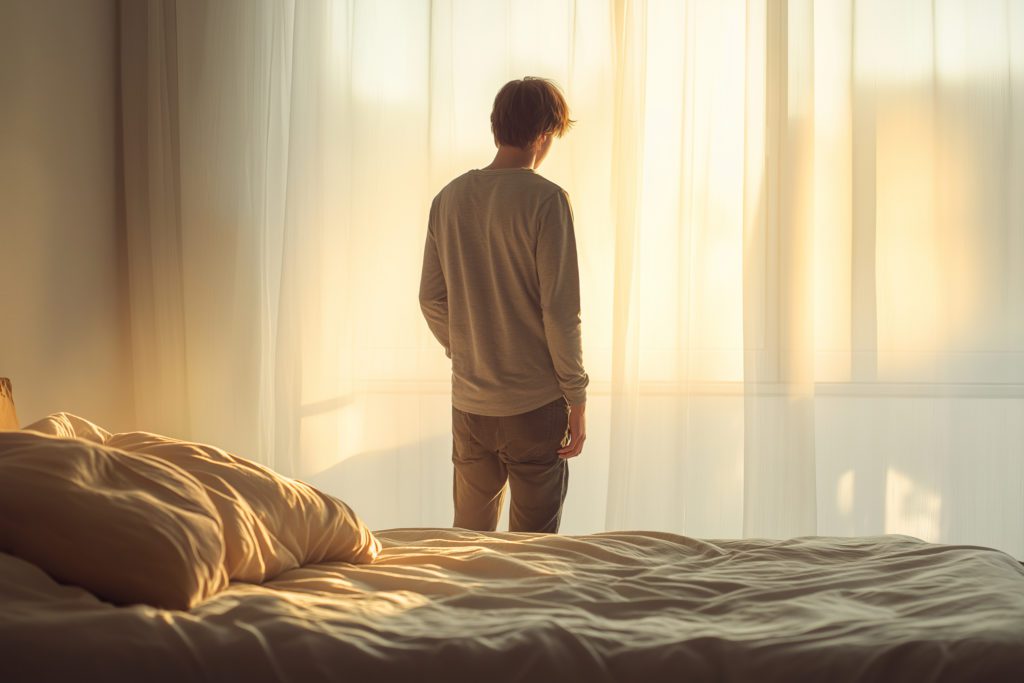
Why Do I Feel Dizzy When I Wake Up? Exploring the Link Between Sleep and Dizziness
Uncover the reasons behind your morning dizziness, from vertigo to dehydration. Explore insights to enhance your sleep health and overall well-being.

Do you find yourself feeling dizzy when you wake up? You may not be alone. In fact, there are people who wake up and feel dizzy nearly every single day. But why do we feel this way? Is there a reason? Fortunately, there is, and we're going to explore the connection between sleep and dizziness.
In this article, we're going to discuss some of the various reasons why you may be feeling dizzy after you wake up. From vertigo to dehydration to even sleep apnea, we're going to uncover nearly every potential connection to help you get a better idea of what might be the reason for your dizziness.
You May Be Experiencing Vertigo
One of the first reasons why you might feel dizzy when you wake up is vertigo, specifically benign paroxysmal vertigo (BBPV). BBPV can actually cause vertigo whenever you change your head position, when you roll over, or even tilt your head back. Even though they can be short, these episodes can be very intense.
One study conducted on night shift workers in a hospital actually showed that they felt dizzy upon waking due to this condition. Their abnormal sleep and poor sleep hygiene led them to experience BBPV, leaving them dizzy, as it is one of the common symptoms of the condition. So, if you’re a night-shift worker and experience dizziness when you wake up, this might be why!
Dehydration or Low Blood Pressure Could Be the Cause
If you feel dizzy upon waking but know that it is not due to night shifts that you have to work, dehydration and low blood pressure could also be a cause. When you are not hydrated appropriately, your blood sugar can drop, leading you to feel lightheaded or dizzy, and it is also common for this to happen after you wake up.
Because we don't go to sleep with the ability to hydrate ourselves, it is very important for us to be hydrated before we go to sleep so we can avoid headaches and other unpleasant feelings upon waking up. The best way to counteract dehydration or low blood pressure that can cause dizziness is to make sure you're hydrated. Drink enough water throughout the day and when you first wake up in the morning to get your day started on the right foot (Source: Harvard Health Publishing).
You May Have Low Blood Sugar
Alternatively, low blood sugar can also cause you to feel lightheaded or dizzy upon waking up. If you have diabetes, you likely know this to be true because this is a common symptom that you deal with on a regular basis. You may also feel dizzy, especially if you don't have diabetes, due to drinking alcohol, which can cause low blood sugar too.
In many cases, it can be very difficult to overcome this dizziness. So, it's important to be mindful of staying hydrated and ensuring that you get enough nutrients so you can avoid the feelings of dizziness, whether you have diabetes or simply go out for a drink with friends.
Medication Could Be Making You Dizzy
Contrary to what you might believe, your medication may also be causing dizziness when you wake up. Some medications can actually cause a sense of lightheadedness from time to time, especially after waking up either from a nap or when you get up in the morning. Whether you are on immunosuppressant drugs or antibiotics, many of these drugs can actually cause dizziness.
With so many medications potentially causing dizziness upon waking up, it's important to stay hydrated and eat a balanced diet to help counteract some of the effects of the medication. In many cases, you'll be able to support your sleep health while also ensuring you can stay on the medication that you are required to. Otherwise, if you can, finding an alternative with the help of a doctor can ensure that you find the right medication for you while also ensuring you get the best sleep possible!
Sleep Apnea Can Cause Dizziness
Another reason why you may feel dizzy when you wake up is sleep apnea. If you have been diagnosed with sleep apnea, you may suffer from dizziness upon waking up because of the lack of oxygen in your blood. There are a few reasons why this makes you feel dizzy.
Sleep apnea causes you to not breathe for a few seconds at a time when you are sleeping and can often occur over several cycles throughout the night. This means that you not only suffer from poor sleep quality but also have less oxygen in the blood, which is definitely an issue that can cause you to feel unpleasant when you wake up.
Poor Sleep Quality
A final reason why you may feel dizzy upon waking up is because you ultimately have poor sleep quality. If none of the other causes that we've discussed align with your situation, you could just be suffering from poor sleep quality. A study conducted on teachers showed that 22.9% of them suffered from dizziness, and 63.6% of them demonstrated poor sleep quality (Source: International Archives of Otorhinolaryngology). Even if you're not a teacher, there is a clear connection between poor sleep quality and dizziness.
Final Thoughts on Sleep and Dizziness
Dizziness can be quite a drag when you wake up in the morning, but if you know what's causing it or the potential connections, you can make decisions and changes to help your sleep health improve. The more aware you are of why you feel dizzy, the more likely you are to feel better, not just when you go to bed but when you wake up and get ready for the day.
FAQ
What causes dizziness upon waking up?
Various factors can lead to morning dizziness, including benign paroxysmal positional vertigo (BPPV), dehydration, low blood pressure, low blood sugar levels, certain medications, and sleep apnea.
How does benign paroxysmal positional vertigo (BPPV) contribute to morning dizziness?
BPPV causes brief episodes of vertigo triggered by changes in head position, such as rolling over in bed. This can result in intense dizziness upon waking.
Can dehydration or low blood pressure cause dizziness after waking up?
Yes, inadequate hydration can lead to low blood pressure and reduced blood sugar levels, causing lightheadedness or dizziness, especially after waking.
How does low blood sugar affect morning dizziness?
Low blood sugar levels, particularly in individuals with diabetes or those who have consumed alcohol, can cause lightheadedness or dizziness upon waking.
Can medications cause dizziness upon waking?
Certain medications, including immunosuppressants and antibiotics, may cause lightheadedness, especially after waking from sleep.
How does sleep apnea lead to dizziness in the morning?
Sleep apnea involves brief interruptions in breathing during sleep, leading to decreased oxygen levels in the blood, which can cause dizziness upon waking.
Can poor sleep quality cause morning dizziness?
Yes, poor sleep quality can contribute to dizziness upon waking, as the body may not achieve the restorative stages of sleep necessary for proper functioning.
How can I prevent dizziness when waking up?
To reduce morning dizziness, ensure proper hydration, maintain balanced blood sugar levels with a healthy diet, manage medications under medical guidance, and address sleep disorders like sleep apnea.
When should I seek medical attention for morning dizziness?
If dizziness upon waking is persistent, severe, or accompanied by other concerning symptoms, it's time to consult a healthcare professional for a thorough evaluation.

Written by
Marie Soukup
Marie Soukup is a seasoned copywriter, editor, and Integrative Nutrition Health Coach with a certificate from the Institute of Integrative Nutrition (IIN). With five years of experience working with brands across diverse industries, Marie is passionate about holistic health and crafting compelling content.
Download Pillow
Get help
Press & News
Legal
Connect
X (Twitter)
Company
Copyright © Neybox Digital Ltd.



